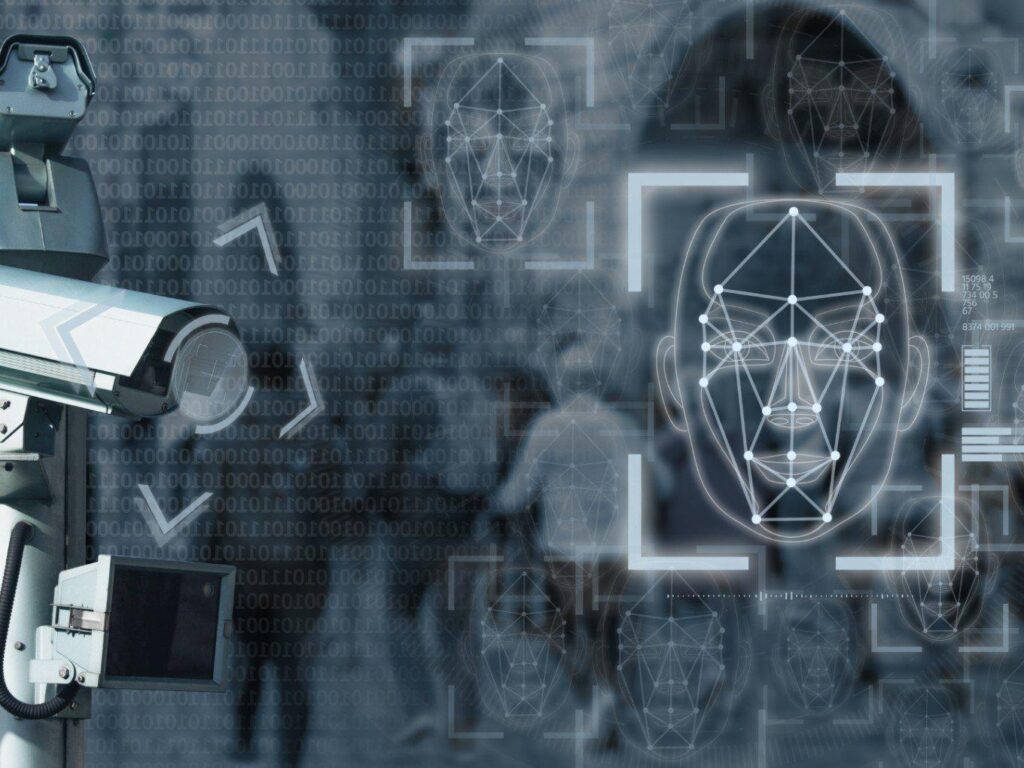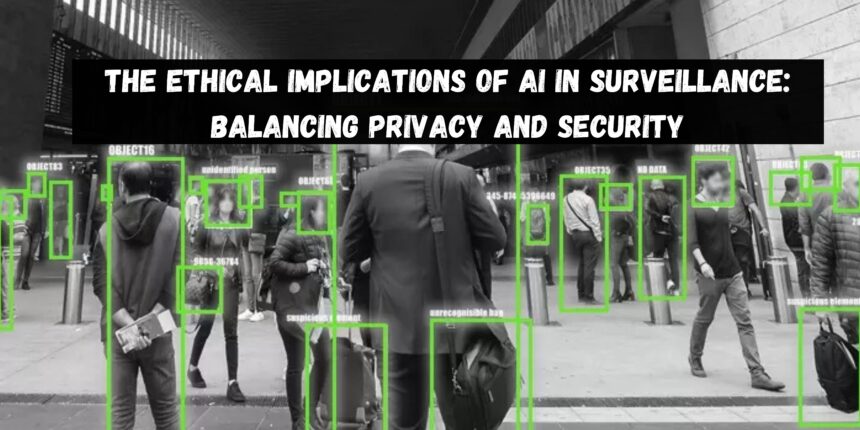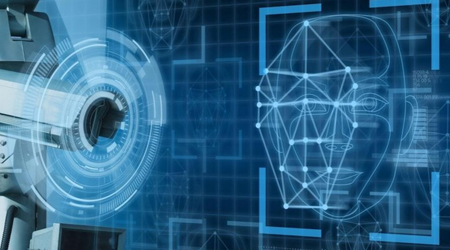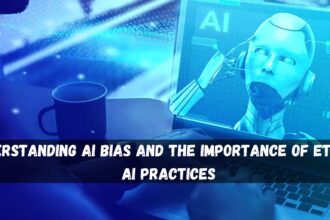New frontiers of artificial intelligence are opening up, especially in surveillance. A lot of governments, companies, and individuals use AI-enabling surveillance tools, but this raises questions about privacy, ethics, and security. So, let us see the AI in Surveillance Ethical Issues and Concerns, how it affects society, and what experts have to say about striking a balance between security and civil liberties.
Growing Use of AI in Surveillance
AI has transformed the conventional surveillance scenario through advancements in machine learning and image recognition. From public space facial recognition software to algorithms aimed at predictive policing, mass monitoring is possible today with AI in ways that could never have been imagined earlier. This technology can prove useful for security as well as for crime prevention, but its ethical implications cannot be ignored.
Popular AI Surveillance Applications:
Facial Recognition Technology: Used to identify individuals in real time.
Behavioural Analysis: Tracks unusual patterns or behaviours for early intervention.
Predictive Policing: uses historical data to predict and prevent crime.
The Ethical Dilemma: Privacy vs. Security
The largest ethical concern about AI in surveillance is the tension between privacy and security. While AI promises greater public safety, it often does so through a cost of individual privacy. Constant monitoring creates a “surveillance society” where the people feel watched and controlled.
Privacy Concerns about AI Surveillance
Loss of Anonymity: Facial recognition removes the veiled layer of anonymity in public places and subjects people to a sense of constant surveillance.
Use of Collected Data: The enormous amount of personal data collected can be misused, threatening the most critical violations of privacy.
Surveillance without Public Consent: Most of the surveillance systems are continued without overt public consent.
To balance public safety with the right to privacy is a very tough challenge for policymakers, and such issues should be highlighted to people and the society to engage with them.
Bias and Fairness Issues in AI Surveillance
One of the ethical implications of AI in surveillance is algorithmic bias. AI systems are trained on data, and if such data is biased, then the AI will produce biased results. Such biased algorithms can result in wrongful profiling and discriminatory practices, which will bias against minority groups.
Examples of Bias in AI Surveillance
Facial recognition bias: The studies have higher false positive rates for darker complexions, therefore causing misidentifications.
Predictive policing bias: the algorithms used in predictive policing that are trained on historical crime data are likely to reify historical bias and single out certain communities and neighbourhoods unfairly.
Eliminating bias in AI surveillance: Addressing the concern is the most significant stride toward conducting fair, transparent AI surveillance without breeding discrimination.
Read more about Top 6 Programming Languages to Learn in 2024 for a High-Demand Tech Career
Risks of AI Surveillance: from Mass Surveillance to Data Breaches
AI-based surveillance systems inherently carry risks from mass monitoring to probable data breaches. Being able to hold so much personal information, governments and organizations may abuse their power, and data breach finds that information in the wrong hands.
Key Risks of AI Surveillance
Mass Surveillance: AI made mass surveillance possible, hence offering a situation where everyone is under continual surveillance and unable to enjoy their freedom.
Data Security or Breach: Surveillance systems contain very sensitive information. Leakage of such data can lead to identity theft or misuse.
Chilling Effect to Society: When individuals are known to be under surveillance, they change their way of life, hence desecrating free expression and self-governance.
Ethical Recommendations on AI Surveillance
Proper use of AI surveillance was into consideration with the ethical implications considered and proposed proper regulation along with limitations of usage so human rights along with civil liberties remain respected.

Recommendations for Ethical AI Surveillance
Transparency and Accountability: Organizations engaged in AI surveillance should declare how it is being used and for what purposes.
Data Minimization: Reduce the data collection only to the minimum possible important information to reduce risks with respect of misuse.
Bias Audits: Conduct regular audits for the AI algorithms for bias occurrence corrections.
Public Consent: Put in practices that respect the individual’s consent and allow the public to know what surveillance practices are being carried out.
Independent Oversight: Requires holding independent bodies to oversee and control the use of AI in surveillance.
Governments and organizations must come together to put in place guidelines for AI surveillance that respect civil liberties but ensure security.
Debate Over AI Surveillance: Public Safety vs. Civil Liberties
AI surveillance has become a polarizing topic, wherein proponents believe the measure fosters public safety, whereas its opposers have reservations about ultimately running afoul of civil liberties. Supporters argue that AI surveillance helps curb crime rates, makes places more secure, and better responds to emergency conditions. On the other hand, critics believe that AI surveillance invades the realm of freedom of the individual-particularly in countries where surveillance is rampant.
Major Agreements For and Against AI Surveillance:
For AI Surveillance:
It helps the law enforce crime prevention
Enhances national security and the quick response to any emergency
The costs of operation are reduced to levels that are economically manageable
Against AI Surveillance:
Dissolves the safety and personal freedom of individuals
The dangers that are associated with data misusers as well as unauthorized surveillance
The likelihood of errors and wrongful profiling
Demand for ethical AI surveillance standards
Surveillance through AI thus possesses an ethical impact and requires sensitive consideration from stakeholders like government agencies, bodies, or the general people. As the features of AI change, so will the perception of the impact that AI has had on society.
Ethical parameters must be established so that the power of AI in surveillance can be utilized positively to bring out a balance between security and individual rights.








